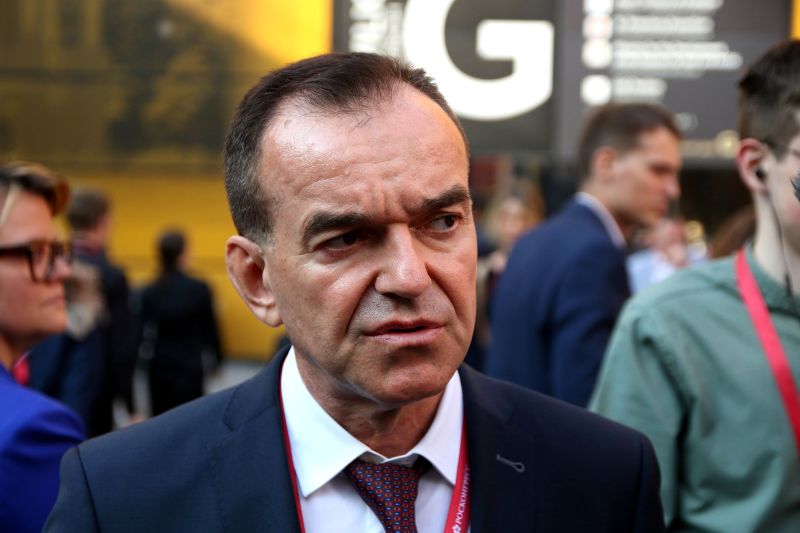The residents of Krasnodar, a key administrative hub in southern Russia, have recently been triggered into making a rare demonstration of public protest. The cause of social perturbation is none other than persistent power cuts affecting the quality of life in the region.
A Deep-seated Dissatisfaction
Various districts in Krasnodar have been plagued by recurring power outages that have disrupted daily life, hindered businesses, and led to surges in public dissatisfaction. The power cuts were the catalyst that ignited the resident’s call to arms resulting in a rare display of public protest in a region where public assembly and expression of discontent are generally subdued.
Decades-long power supply issues in the region have generally been tolerated by the populace, but the most recent spate of disruptions, which lasted over a month, drove the long-suffering residents to the end of their patience. The very gears that keep the life of Krasnodar moving, from households to enterprises, were jammed, leading to immense discomfort and loss.
Unmasking a Disgruntled Populace
The public protest began peacefully, with civilians gathering in numbers to voice their discontent. Reports state that the rampant power cuts have severely affected the lives of citizens, particularly those reliant on technology and electrical appliances for a livelihood. Slowing business operations have caused overall economic stress on an already strained population, thus stoking the fire of their ire.
Demanding a Resolution
Residents have openly demanded immediate redress and assurance from the authorities amid the escalating inconvenience. At the heart of their demands is the restoration of reliable electricity supply and compensatory actions for the prolonged discomfort and economic upheavals that ensued due to the lack of power.
Some residents have called for transparent communication from the power authorities about the actual issues causing the power cuts and a realistic timeline for their resolution. Parts of the populace have also suggested implementing preventive measures to avoid similar disruptions in the future.
The authorities’ response is yet to be publicly addressed. The way the officials handle this crisis will offer a barometer for how public discontent over basic amenities is regarded and managed in today’s Russian milieu.
Tales from the Ground
Cries of discontent echo through the cobblestone streets, from the elderly who face difficulties in maintaining adequate home heating, to young entrepreneurs who fear for their start-ups’ survival amidst the outages. Families complain of spoiled food due to intermittent failures of refrigerators, leading to increased living costs. The protests however go beyond the surface-level discomfort cause by the power cuts. They represent a collective outcry against administrative negligence and unfulfilled public service expectations.
Sensitivity Towards the Environment
Interestingly, the Krasnodar populace is not only appealing for immediate restoration of electrical supply but is also asking for it to be achieved in an eco-friendly manner. There is a budding sentiment amongst the residents towards the promotion of green, renewable energy sources. They aim to voice the harm caused by increased use of generators which leads to air and noise pollution.
In summary, the power cuts have revealed a myriad of public concerns stretching beyond immediate inconveniences. The silent resilience of Krasnodar’s residents has inevitably cracked under the burden of the current crisis. Their demand for basic amenities, communication transparency, and environmental preservation are cries of a generation yearning for a better existence and a robust administration. It is an account of a society that refuses to be passive receivers of their destiny but as active participants in shaping their world.




